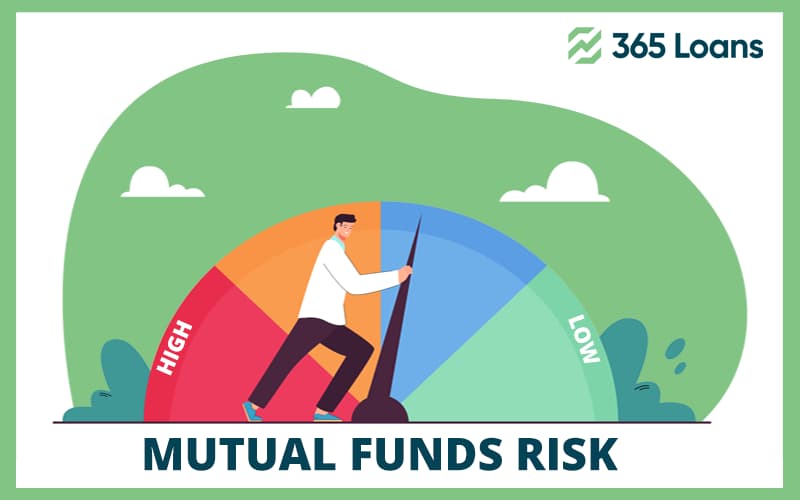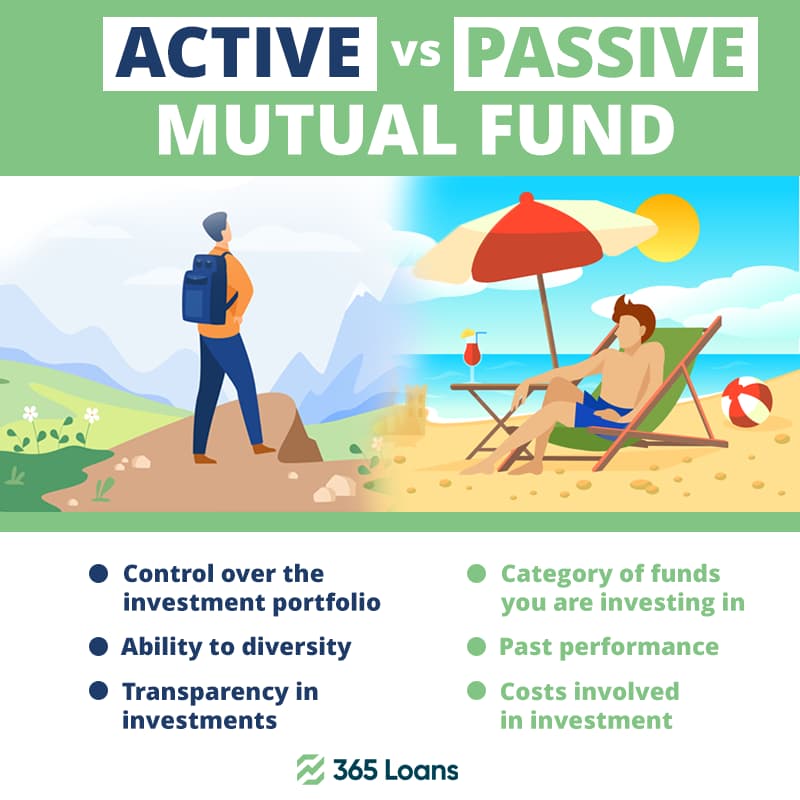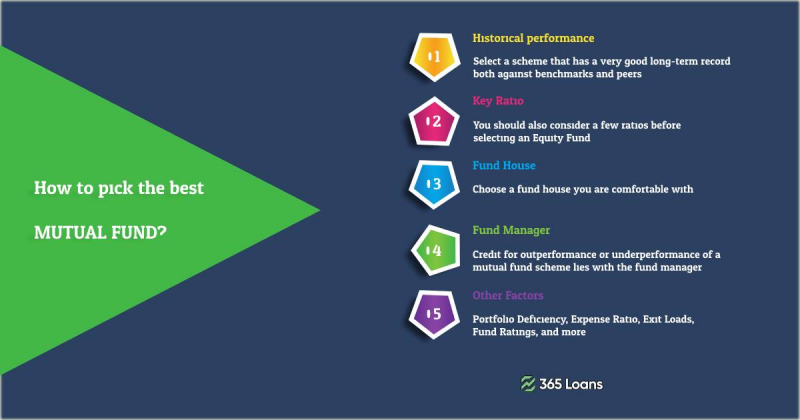Choosing the best mutual fund for you is highly dependent on your requirements, especially your risk tolerance and time horizon. However, it also depends on what else you have in your portfolio. Therefore, understanding your portfolio and financial status is critical before deciding which mutual fund is suitable. Even if you find a fund type you like, you will want to compare which funds are better in several aspects.
Here are some crucial questions to think about while looking for the right mutual fund for you:
- What is the fund’s track record over an extended period? A better long-term track record (five or ten years) is preferable to a poor one. The fund’s track record over time is the best indicator of how well it will perform in the future.
- Is the fund’s satisfactory performance limited to the last year or two? A fund that has recently outperformed may eventually revert to its long-term performance. When investors chase significant returns, they nearly always end up buying high and selling low.
- What is the commission fee charged by the fund? Is there a front-end sales load? Although it is simple to avoid a sales load, almost all mutual funds charge an expense ratio to pay the fund’s continuing expenditures and earn a profit.
- When do you intend to use the funds? Stock funds may be the better option if you are willing to take more risks and have a longer time horizon. If you need money in the next year or two, you might wish to invest in bond or money market funds to lower your risk.
- Can you persevere through occasional setbacks? Stock funds would likely be a superior investment for you if you can stick to your investment plan for the long run.
- Is there a particular deficiency in your portfolio? Your portfolio may require more balance. Think about whether you solely have investments in the United States and not in overseas stocks. Then again, consider if you are significantly invested in bond funds and need to diversify your portfolio with some equities or vice versa.
Some funds invest in the same stocks and bonds as other funds of the same type. So, if you look around, you can find the identical “product” at a lesser cost. Your key comparison point should be the fund’s costs.
Fees are certain, but returns are not.
…as the old investment adage goes
How to use mutual funds to increase your investments
The diversity that mutual funds provide for relatively cheap investment amounts and fees is one of the key advantages of owning them. Mutual Funds can provide you with a stake in dozens of firms across many industries, allowing you to develop a diversified portfolio for just a few thousand dollars.
If the underlying securities in mutual funds perform well, you will ultimately make money. To benefit as a fund investor, the equities owned in the fund must rise in value. When those companies pay dividends, you will gain profit as well.
Can you lose money in a mutual fund?
Yes, it is possible to lose money investing in a mutual fund. However, it is crucial to realize that a mutual fund is a vehicle for investing in assets such as stocks and bonds, not an investment in and of itself. The mutual fund’s net asset value will decrease if the assets held in the mutual fund lose their worth. Stocks, bonds, and other instruments can all lose value, and the mutual fund structure does nothing to protect you from incurring those losses.

It is only reasonable to educate yourself on the different characteristics of each type of mutual fund available, or at the very least to know the difference between active and passive Mutual Funds.
Active vs. passive mutual funds
You will likely deal with one of them during your investment growth, or hear experts discuss active and passive mutual funds.
- Active funds try to outperform market indexes like the S&P 500 by researching stocks and selecting the ones that would earn the fund the most money. These funds are more expensive than passively managed funds because they employ teams of portfolio managers and analysts researching investment opportunities.
- On the other hand, passive funds do not try to outperform their benchmarks; instead, they aim to match them. These are sometimes referred to as index funds, and because little effort is spent attempting to select the best companies to hold, the cost of ownership is typically cheaper than that of an active fund.

We should emphasize that many active funds fail to outperform their benchmarks and occasionally underperform them. As a result, active fund investors are frequently disappointed after charges are included.
What are the advantages and disadvantages of mutual funds?
Starting with the bad news first:
Disadvantages of mutual funds
- Fees and sales charges. Mutual funds can have high expense ratios, but you should also be aware of any sales charges when buying or selling a fund.
- High initial investment. Mutual funds have a more significant initial investment than ETFs, often a few thousand dollars.
- Limited trading. Mutual Funds are only bought and sold once their NAV has been computed after the trading day.
- Tax events. If you have non-retirement mutual fund shares, you may be startled to receive a capital gains payout from the fund. Because you have no control over the payout size, investing in mutual funds in retirement accounts is preferable where taxes are not an issue.
Advantages of mutual funds
- It can be low cost. You can obtain the benefits of mutual fund investment for a minimal monthly fee, but do your research before deciding to invest. Some funds, such as actively managed funds, may have an expense ratio of 1% or greater, whereas index funds may have an annual cost of less than 0.1 percent. An index fund is generally the best option if cost-efficiency is vital to you.
- Portfolio management. The fund’s portfolio manager handles decisions like making changes if one stock outperforms another or vice versa when you invest in a mutual fund. You won’t have to worry about these and other decisions of this type. Instead, you can relax.
- Diversification. Mutual funds make it simple to build a diversified portfolio. You can buy into a fund that incorporates hundreds of different assets for a small initial commitment of a few thousand dollars.
- Reinvestment. Dividends earned by the fund can quickly be reinvested into additional shares, allowing your investment to increase over time.







